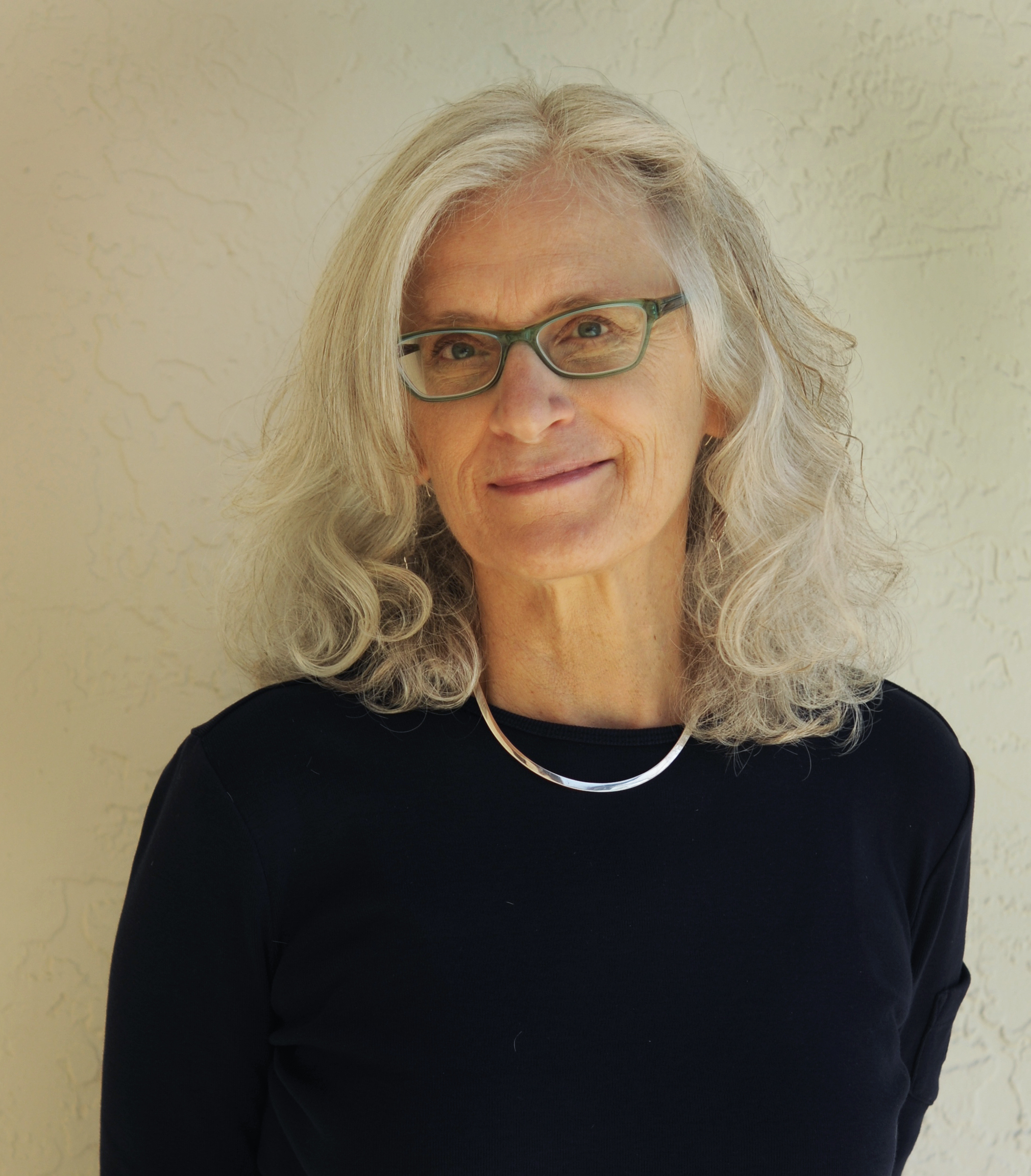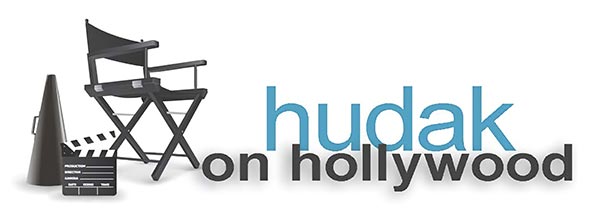Jane Caputi

Jane Caputi
Women's Studies & Pop Culture Lecturer
Expertise:
Women's Studies, Sexuality, Pop Culture
Available for in-person lectures in:
South Florida
Available via Zoom?
Yes
To book Jane, e-mail:
dan@hudakonhollywood.com
Jane Caputi is Professor of Women, Gender and Sexuality Studies at Florida Atlantic University. She grew up in Huntington Long Island in a large family. Her first job was at the University of New Mexico in Albuquerque, which she loved, especially because she learned so much from the Indigenous cultures there. But Albuquerque is literally high and dry and in 1997 she moved back to the ocean, taking a job at FAU. She has written four books, most recently Call Your “Mutha’”: A Deliberately Dirty-Minded Manifesto for the Earth Mother in the Anthropocene (Oxford University Press, 2020). She also has made two educational documentaries, The Pornography of Everyday Life (2006) distributed by Berkeley Media and Feed the Green: Feminist Voices for the Earth (2016), distributed by Women Make Movies.
Dr. Caputi was FAU’s Distinguished Teacher for 2001 and received FAU’s Research and Scholarly Activities award (Professor level) for 2005 and for 2012. In 2016, she was named Eminent Scholar of the Year by the American Culture/Popular Culture Association and in 2020 the Association for the Study of Women in Mythology gave her their annual “Saga Award” for contributions to women’s history and culture.
Lectures include:
Women’s Liberation in the United States
There has been an active movement for women’s rights since the beginning of the 19th century, beginning with Black women demanding the right to preach, to be free of enslavement, and to vote. That movement continued through the larger suffrage movement and into the Women’s Liberation movement from the 1960s and still ongoing as evidenced in the #MeToo movement. This illustrated lecture discusses some of the key personalities, the issues fiercely debated and fought for, victories, setbacks, and the promise of future activism.
Presidential Pop Culture: 2008-2020
Presidential campaigns are always accompanied by commercial paraphernalia and novelties – dolls, t-shirts, banners, stickers and so on. This illustrated talk showcases and offers interpretations of many of those generated from the 2008 to 2020 elections – many of them bombastic, persuasive, funny, and often deliberately outrageous if not disturbing.
The sexual revolution of the 1960s and its continuing impact
The invention of the birth control pill in the early 1960s heralded a new era of sexual openness after the restrictive 1950s. Women claimed sexual autonomy, Hollywood dropped its censorious Code, and abortion was legalized in 1973. But that's not all: LGBTQ liberation was launched with the rebellion at the Stonewall Inn in New York City in 1969, swingers came to the suburbs, sexual guides and discussions proliferated, and pornography became more mainstream. By 2023, some of these earmarks of sexual and gender liberation are being rolled back or challenged, while the Internet continues to influence and alter how people meet and relate, including sexually. The illustrated talk traces the events of the ongoing sexual revolution as well as resistance to it.
Grown-up Takes on Children’s Classics
Shrek As a Film for Grown Ups
The Wizard of Oz (1939) and Wicked (2004): Not Just For Children!
Under The Sea & For Grown-Ups: The Little Mermaid (1989) & Beauty and the Beast (1991)
A Little Girl Healing The World: Moana (2016) For Grown-Ups
Are you ready to bring Hudak On Hollywood to your community?
Please e-mail dan@hudakonhollywood.com for additional information. We look forward to hearing from you!
